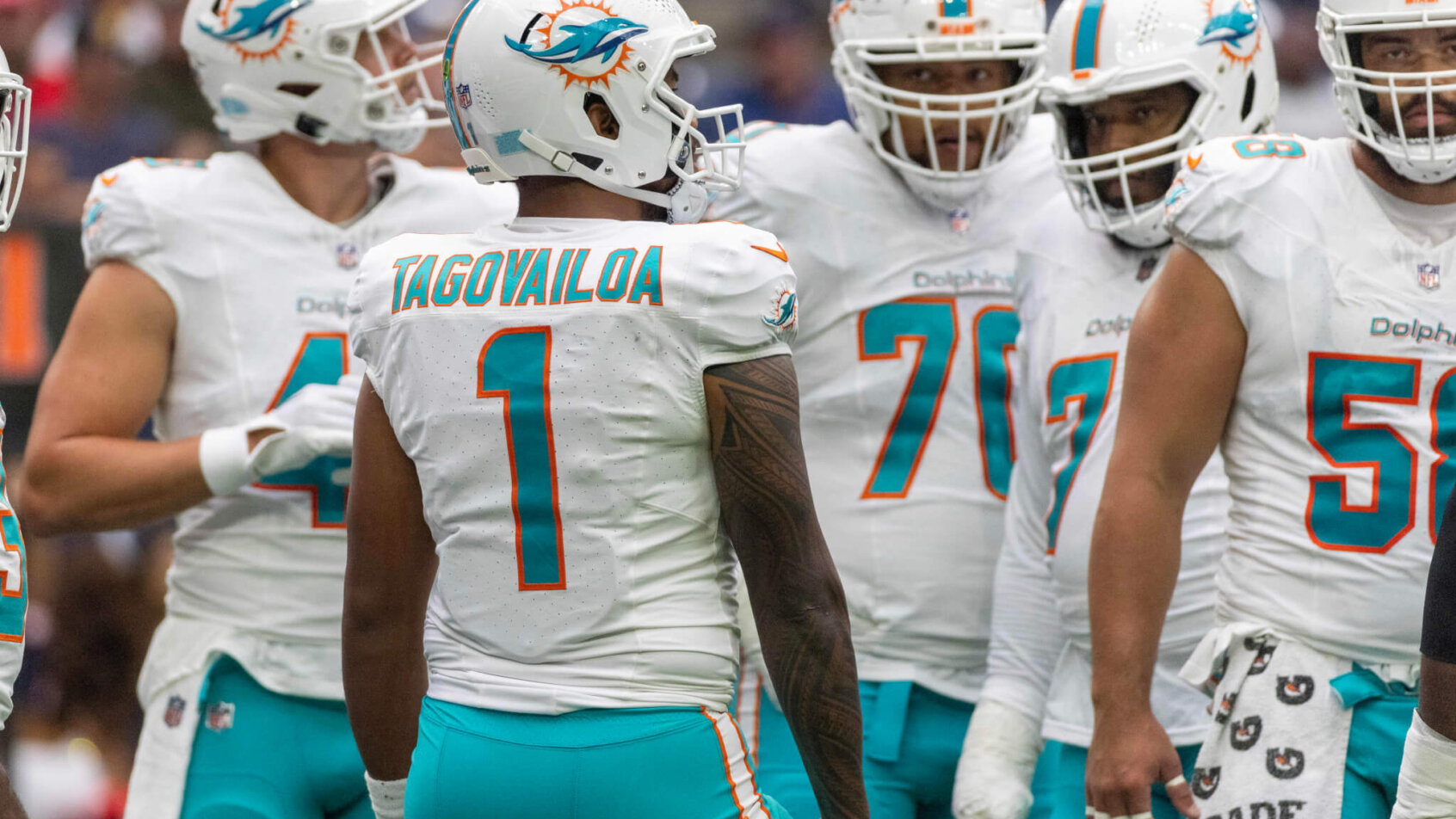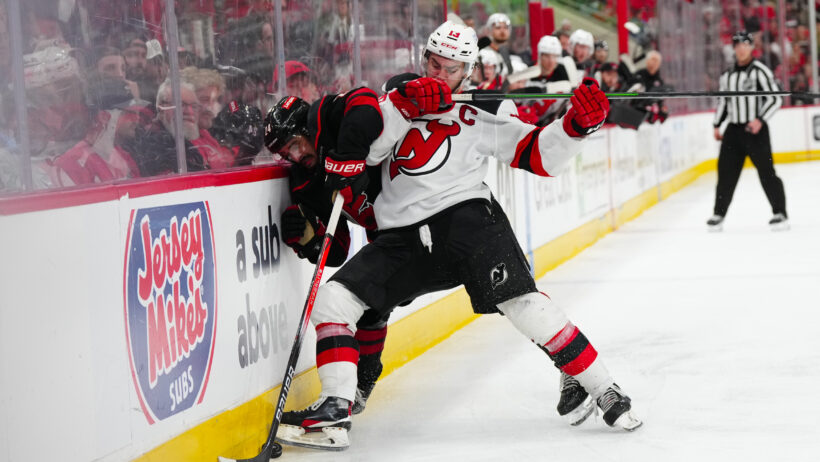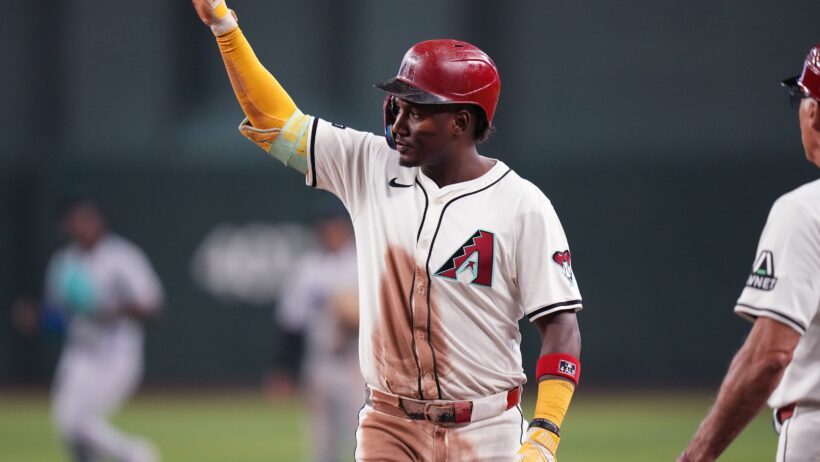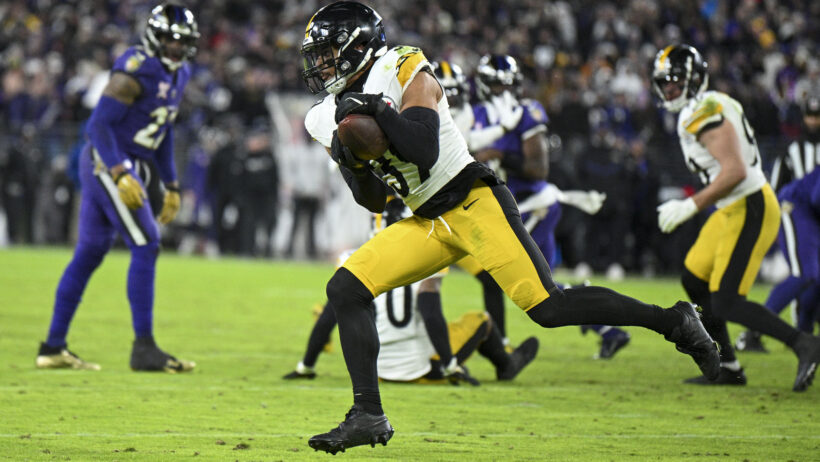West Flagler Files to Stay Mandate of Florida Sports Betting Case, May Delay Launch
By Robert Linnehan in Sports Betting News
Published:

- West Flager has filed for a stay of the mandate of a Florida sports betting case, intending to take the issue to the Supreme Court
- The D.C. Circuit Court’s mandate is scheduled to go into effect on Monday, Sept. 18
- If a stay is granted it likely will reduce the chances of the Seminole Tribe launching online sports betting next week
West Flagler intends to take the issue of Florida sports betting and casino gaming all the way to the Supreme Court.
Around midnight on Friday, West Flagler filed a motion to the U.S. Court of Appeals for the District of Columbia to stay its mandate that restored a 2021 Florida Gaming Compact, which gives sports betting exclusivity to the Seminole Tribe and allows craps and roulette in tribal-owned casinos.
West Flagler is asking for a stay of the mandate, intending to to submit a writ of certiorari to hear the case with SCOTUS.
So What Happens Now With Florida Sports Betting?
According to several reports, the Seminole Tribe was likely to re-launch Florida online sports betting on Monday, Sept. 18, when the D.C. Circuit Court’s official mandate went into effect. Now, those plans may be put on hold following West Flagler’s motion for stay.
While a decision on the stay is likely to be made quickly, maybe even before Monday, if granted the odds of the Seminole Tribe launching sports betting drop considerably. If a stay is not granted it’s likely the Seminole Tribe will launch sports betting on Monday, or shortly thereafter, when the mandate goes into effect.
There is currently no official mandate or injunction stopping the tribe from offering sports betting, but it’s been wary of displeasing courts or judges while the matter is still being considered. If a stay is granted, the tribe will likely delay its sports betting launch until SCOTUS decides to hear or not hear the case.
But again, even if a stay is granted, there is nothing officially keeping the tribe from launching sports betting.
The Seminole Tribe declined to comment for this story.
Good Cause for a Stay?
According to federal rules, a motion for a stay “must show that the petition would present a substantial question and that there is good cause for a stay.” If a stay is granted to West Flagler, it will likely remain in effect until the Supreme Court makes its decision on whether or not to hear the case.
In its motion, West Flagler attorneys note that unless a stay is granted the court’s mandate will “upset the status quo” in Florida by permitting the Seminole Tribe to offer online sports betting.
“Unless the mandate is stayed, this court’s decision will upset the status quo in the entirety of Florida by permitting the Tribe to conduct online sports gaming throughout the state where no such gaming previously has been permitted and where the Florida constitution requires that any expansion of gaming within the state be subject to a citizens’ initiative with 60% of the vote.”
West Flagler also asserts in its petition that the D.C. Circuit Court’s opinion will “may well be used by other states and tribes” as a potential blueprint for expanded gaming outside of Indian lands where gaming is not permitted.
“The Panel Opinion thus enables an extreme shift in public policy on legalized gaming that, once started, may be difficult to stop. It therefore is in the public interest to preserve the status quo with respect to online gaming until such time as the Supreme Court has had a chance to review the Appellees’ petition for a writ of certiorari.”
Additionally, West Flagler attorneys pointed to an approved 2018 referendum where Florida voters passed a constitutional amendment requiring 60% voter approval for any potential expansion of legalized gaming.
The 2021 Florida Gaming Compact, they wrote, as interpreted by the D.C. Circuit Court’s opinion allows the tribe and Florida officials to bypass the Florida constitution by “shoehorning the off-Indian land sports gaming provisions into the IGRA exception to the Florida Constitution.”
Taking the Issue to SCOTUS
It’s not surprising that West Flagler intends to take the issue to SCOTUS. Sports Betting Dime previously spoke with Daniel Wallach, a gaming law attorney, Founder of Wallach Legal and UNHLaw Sports Wagering, who was resolute throughout the process that the plaintiffs would eventually seek to hear the matter at the Supreme Court level.
Wallach believes SCOTUS may provide West Flagler with the best venue to overturn the D.C. Circuit Court’s decision and could potentially be an issue they’d be interested in hearing.
There could be more support in SCOTUS for West Flagler’s legal position in this matter than there was for the D.C. Circuit ruling, he said. The hook, or logic, that the D.C. Circuit used in concluding that the compact addresses internet wagering as a permitted term is “inconsistent with decisions” made by federal appeals courts in the ninth circuit, 10th circuit, and D.C. Circuit.
West Flagler has until Monday, Dec. 11, to file with the Supreme Court.
Florida sports betting update:
– West Flagler files motion to stay the appellate court’s mandate, signals intent to take this battle to #SCOTUS.
– Seminole Tribe likely to launch online sports betting on Monday, unless court stays mandate and the Tribe abides. https://t.co/K4hoav0ZK2
— Daniel Wallach (@WALLACHLEGAL) September 16, 2023
History of Florida Gaming Compact
In late June, a three-judge panel for the U.S. Court of Appeals for the the District of Columbia unanimously agreed to overturn a ruling from U.S. District Court Judge Dabney L. Friedrich that declared a 2021 Florida gaming compact violated the Indian Gaming Regulatory Act (IGRA).
The gaming compact was thrown out by Friedrich in November 2021. Ultimately, Friedrich determined the compact violated the conditions set forth by the Indian Gaming Regulatory Act (IGRA) that limits tribal gaming to the confines of tribal lands. The Seminole Tribe argued in the gaming compact that because the servers that processed the online sports bets were located on tribal land, then the bets themselves were placed on tribal lands.
The three-judge panel for the U.S. Court of Appeals for the the District of Columbia disagreed with her ruling.

Regulatory Writer and Editor
Rob covers all regulatory developments in online gambling. He specializes in US sports betting news along with casino regulation news as one of the most trusted sources in the country.



